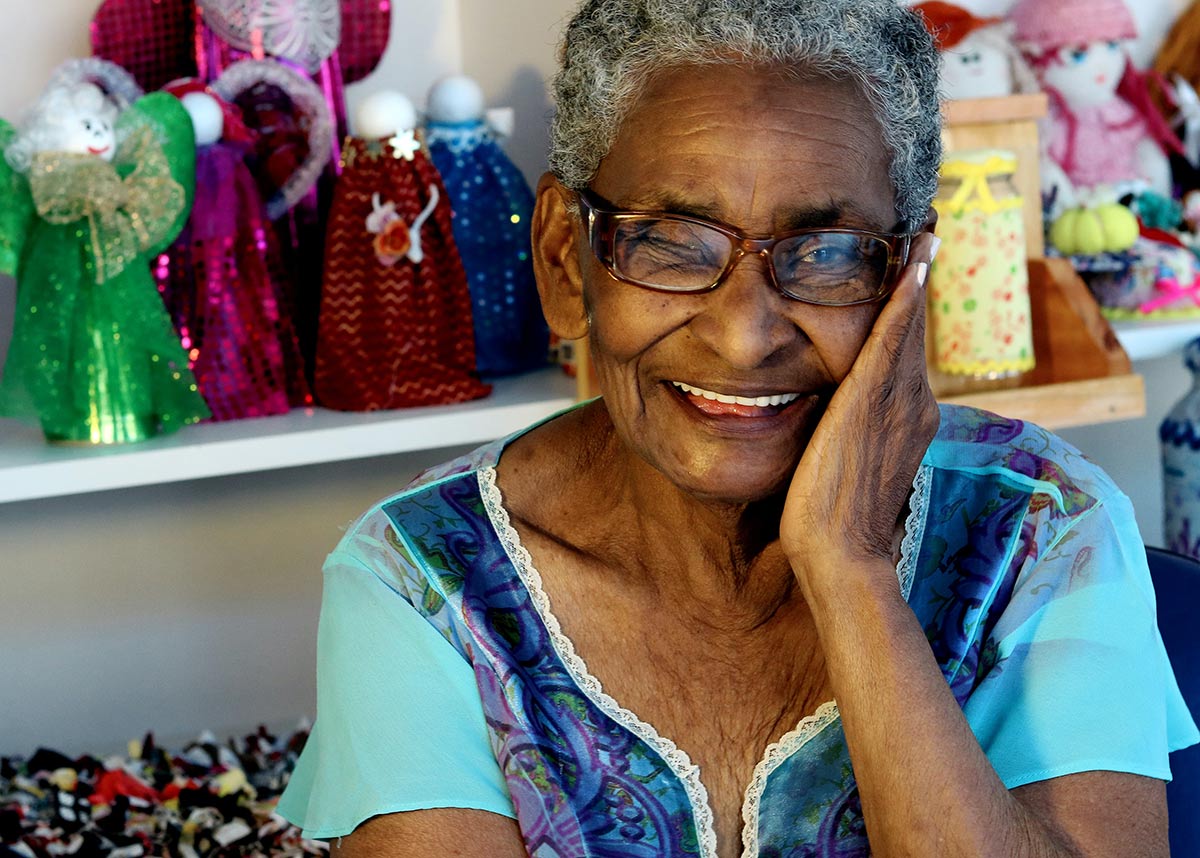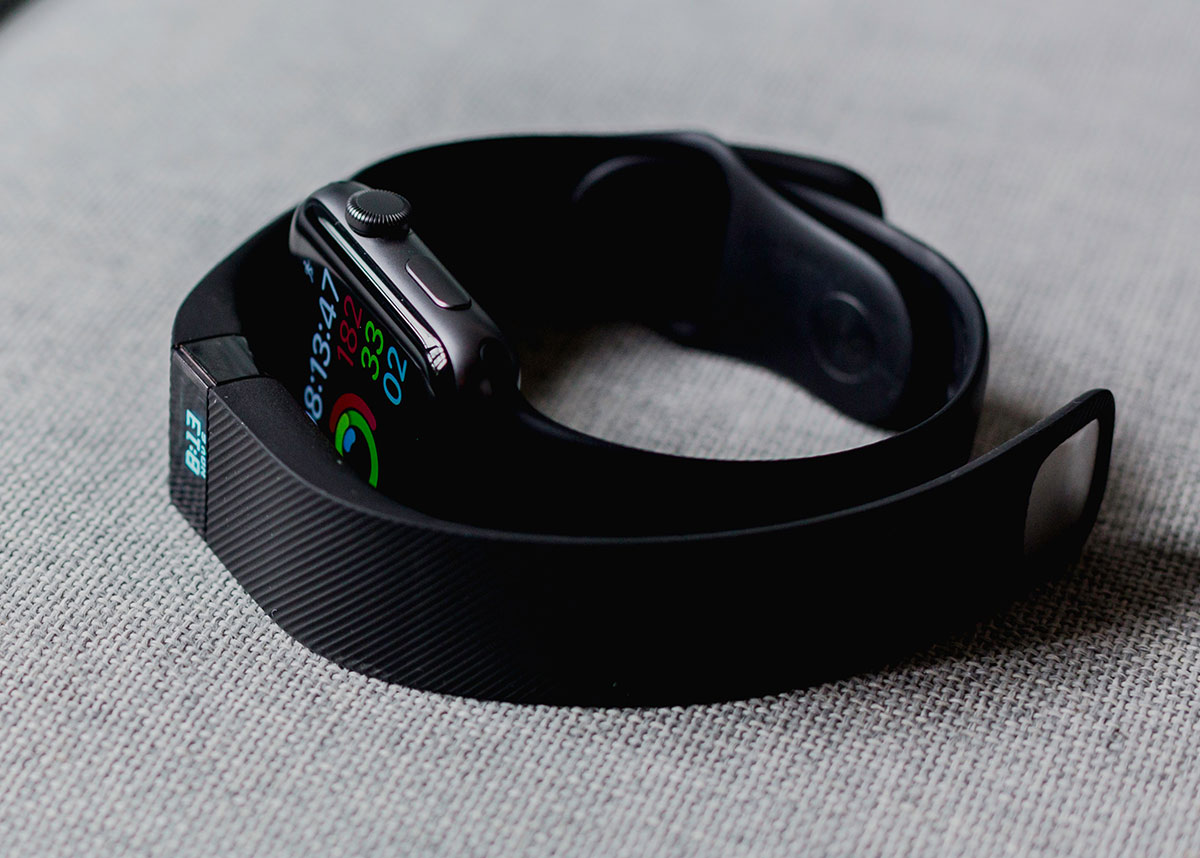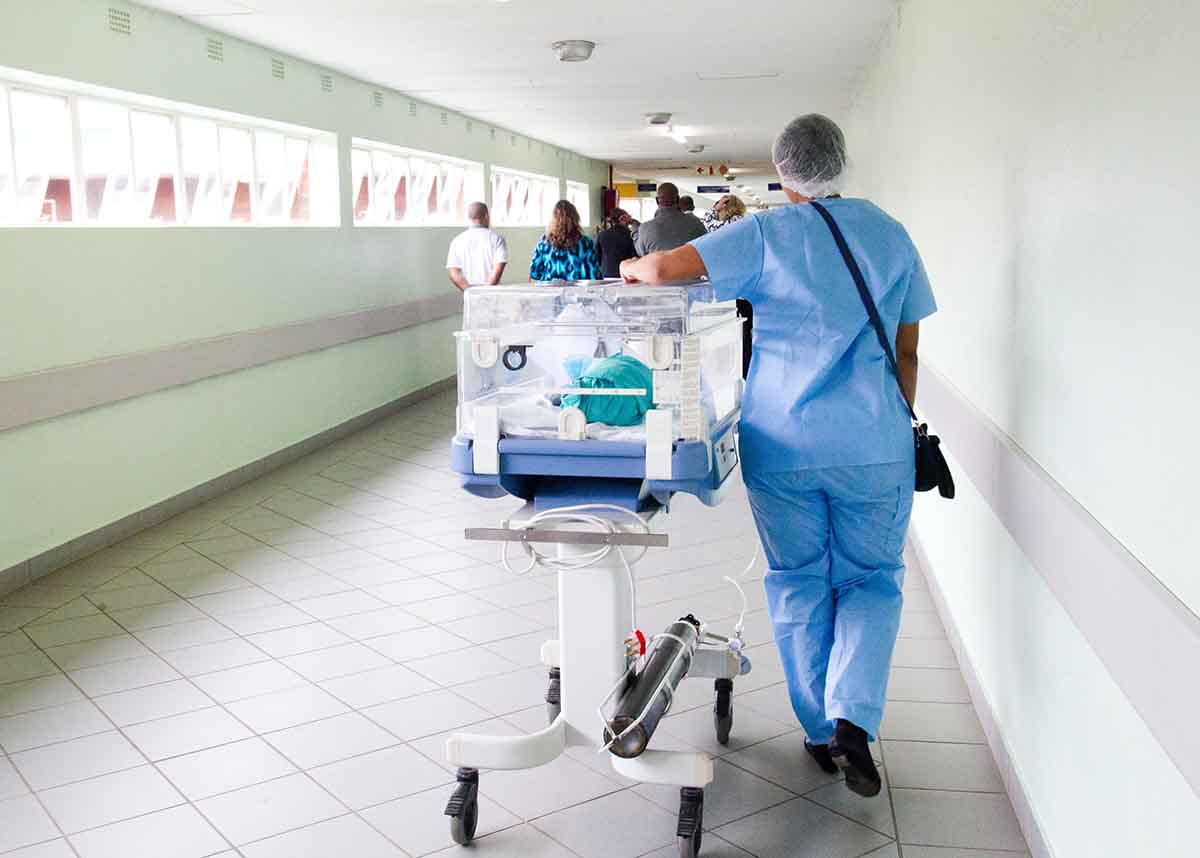Projects
The mHealth Impact Lab has worked with various researchers, clinicians, and enterprises to validate and test digital health solutions within communities—both locally and globally. We assist in various stages of a project’s life cycle, including
community engagement, design, and evaluation.

The Nudge Study
Text messaging to support cardiovascular medication adherence through behavioral economic principles of “nudging”

About 50% of patients do not take their cardiovascular medications
as prescribed. This project, funded by the National Heart Lung and Blood Institute, is a collaboration among our team, the CU School of Medicine, Denver Health and Hospital Authority, the Veteran’s Administration, and UCHealth.
We leverage pharmacy refill data to identify patients with gaps in medication refills and test multiple automated approaches, using text messaging and an artificially intelligent chat bot to identify and resolve barriers to refill and adherence.
Our findings will offer insights on how to automate and deliver effective texts at scale through large healthcare systems.

CR Nudge
Optimizing a mobile application to support cardiovascular rehabilitation

Uptake of rehabilitation among patients with cardiovascular disease is poor and worse for minorities, younger adults, women, and those with lower levels of education. For this project, funded by the National Heart Lung and Blood Institute, we’re partnering with Denver Health and Hospital Authority to investigate whether enhancing a mobile application designed to support home-based cardiac rehab can improve enrollment in and adherence among diverse patients. What we learn will inform the design and content for mobile applications that facilitate self-management for patients with chronic conditions.

Convoy-Pal
Social Convoy Palliative Care (Convoy-Pal) mobile health for older adults with advanced heart failure

Funded through National Institutes for Aging (NIA) K76 Paul B. Beeson Emerging Leaders Career Development Award in Aging, Dr. Jennifer Dickman Portz, PhD, MSW, seeks to develop, refine, and test the Social Convoy Palliative Care (Convoy-Pal) mobile application. Convoy-Pal is a novel intervention integrating family members and other caregivers in digitally-supported palliative care to promote symptom management and quality of life among older adults with advanced heart failure.

Native WYSE
Women-Young, Strong, and Empowered making CHOICES

Fetal Alcohol Spectrum Disorders (FASD) result in neurodevelopmental deficits and lifelong disabilities. Any sexually active woman of reproductive age who drinks alcohol and does not use effective contraception is at risk for an alcohol exposed pregnancy (AEP) that could cause FASD. Young AI/AN women are especially vulnerable. This project aims to expand reach and services to young urban AI/AN women through mHealth technology to prevent AEP and FASD. With funding from the National Institute of Mental Health, we're adapting an evidence-based curriculum to reduce risky drinking and increase contraceptive use, delivering messaging via mobile and social media.

CU-CARE
Rapid research partnership with UCHealth CARE Innovation Center

Due to the voluminous availability of real time patient and client data, academic health centers offer a rich collaborative environment to develop, pilot and evaluate digital health innovations in real-world settings. The mHealth Impact Lab works closely with CU Innovations and the CARE Innovation Center at UCHealth to clinically validate digital health technologies (e.g., wearables, sensors, mobile applications) within the UCHealth system in partnership with innovation leaders and digital health entrepreneurs. Over the course of a year, our team provided consultation and support for 14 digital health projects at various stages of development.

MEE-Ohio Be Present
Evaluation of the “Be Present” campaign and advocate e-training component to prevent youth suicide in Ohio

MEE (Motivational Educational Entertainment) Productions Inc. contracted with us to evaluate the impact of a statewide social marketing campaign, “Be Present,” targeting youth suicide prevention in Ohio. We evaluated youth engagement with a web-based e-learning platform to train campaign advocates as peer leaders by measuring change in self-reported knowledge and usage of protective factor skills (i.e. youth norms, intentions, self-efficacy, and behaviors related to mental health). MEE is measuring user engagement with the online training modules, including trainees sharing what they have learned in the course with peers, via their social-media networks.

TRU Hospice
Reliability of telemedicine visits for recertification of hospice patients

Medicare providers must recertify that a patient is eligible to continue receiving hospice services after the first six months and every two months after that. These recertification visits happen in person. We're partnering with TRU Community Care—a Colorado-licensed, Medicare and Medicaid-certified nonprofit organization—to evaluate the feasibility of conducting these reauthorization visits via telemedicine. This study aims to 1) assess the reliability of clinical decision making about hospice care recertification between visits conducted in person vs. by telemedicine; and 2) assess patient, caregiver, and provider acceptance of technology for this purpose.

AASLD-Liver Transplant
Building a novel medication adherence mHealth application for adolescents and young adult liver transplant recipients

Nonadherence to medications following liver transplantation is a major cause of rejection and graft loss, especially among adolescents and young adults. The purpose of this project is to develop a prototype mobile health app which can be used to support medication adherence for asolescent liver transplant recipients. The project has three specific aims: 1) to gather end-user requirements, 2) to develop app content based on user-centered design principles, and 3) to pilot test and evaluate the perceived usability of the app. The principles of the app’s operation may also be translatable to improve medication adherence for patients experiencing other disease states.

COTS Health IT
Engaging disadvantaged patients in sharing patient generated health data and patient reported outcomes through health information technology

Health IT solutions can improve chronic disease self-management. But adoption of costly, specialized technologies among disadvantaged patients is low. In contrast, commercial off-the-shelf (COTS) technologies, such as mobile phones, are more widely available to disadvantaged patients, thus bridging the gap of the digital divide. The hypothesis for this project suggests that 1) low-income, disadvantaged patients both can and will provide high-quality patient generated health data and patient-reported outcomes through COTS-based health IT solutions, and 2) these data these data can be integrated into clinical systems and used to improve health care quality and delivery.
.jpg?sfvrsn=d0aebcba_0)
Mother’s Milk Messaging
Evaluation of a bilingual app to support initiation and exclusive breastfeeding in new mothers (MMM)
.jpg?sfvrsn=d0aebcba_0)
Funded by the Kellogg Foundation, this project seeks to facilitate uptake of and sustained breastfeeding for first time mothers, with a particular effort to reach out to African American and Latina mothers. The project aims to reduce disparities in breastfeeding
among these groups and to extend the benefits of breastfeeding to their infants through an interactive mobile app with instructional videos, a social support group and motivational text messaging.

We R Native
Evaluating We R Native, a technology-based resource to support mental health among American Indian and Alaska Native (AI/AN) youth

Despite immense cultural resilience, AI/AN youth are disproportionally impacted by stress, depression, and suicide. To help address this, we're partnering with the Northwest Portland Area Indian Health Board to evaluate and adapt We R Native—a multimedia health resource that reaches over 5,000 viewers per day. We're studying the extent to which We R Native fosters mental health, generates coping skills and self-efficacy, and promotes healthy social norms—protective factors against suicide and substance abuse. What we learn will help public health practitioners leverage social and mobile media to promote mental wellness among diverse youth.
.jpg?sfvrsn=dc75bfba_0)
PhactMI
Obtaining provider feedback on medical information delivery
.jpg?sfvrsn=dc75bfba_0)


